One day, everything in your house will be connected. Your refrigerator will know when you need to stock up on groceries. It will place an order at your local supermarket with everything delivered to your home without having to push a button. Your car will memorize your route home from work and drive itself on a route with the least amount of traffic, and then send a text message to your spouse on your estimated time of arrival.
These scenarios are not from an episode of Star Trek, but realities that are coming in our lifetime.
Advancements in technology will ultimately lead to innovation that will transform much of our day-to-day life. The combination of near-field communication and greater mobile capabilities has made applications like data exchange, Wi-Fi and contactless commerce a reality.
What businesses should know about IoT?
The Internet of Things (IoT) is the next revolutionary concept in technology and right now, the potential seems unlimited.
The Internet of Things (IoT) is the next revolutionary concept in technology and right now, the potential seems unlimited. IoT is a concept that business professionals will need to be able to confidently address and envision scenarios where IoT might affect their business. They should also be aware that there are two major movements that are in conflict with each other regarding IoT.
One is the ever-increasing demand for enterprises to enhance security and address privacy concerns. The other has to do with the infinite and imaginative uses for tech professionals to connect objects to the Internet.
While there are privacy concerns for security professionals to iron out, the opportunity that comes with the IoT is too great for us not to move forward. The market is moving toward IoT. Enterprises should consider how the evolution of connectivity will change their consumers’ life in addition to how those products and services will be impacted.
Practical applications
Consumer-facing businesses will also be armed with more data than they could ever imagine, making it easier for them to serve customers easily and efficiently across channels. In the healthcare industry, something as simple as prescriptions will join IoT. Imagine, a pill will be able to track whether or not patients are taking their medication, then send data from a patient’s stomach to the doctor’s smartphone. The patient benefits by getting an accurate assessment of their health and reducing time in the doctor’s office while healthcare professionals can gather all the data they need on the patient before he or she walks into the office.
In addition to great customer data, IoT will greatly improve supply chain management as inventory management can be handled in real-time. IoT will give supply chains the ability to proactively replenish, making the term “out-of-stock” nearly non-existent.
Supply chain managers will enjoy full visibility into their inventory that will be even greater than the existing improvements RFID tags have to offer. Since all pieces of equipment, vehicles, and products will be connected to the Internet, companies will know exactly where products are at all stages of the supply chain.
Future of the IoT
At the beginning of 2014, Forbes called it the “Year of The Internet of Things,” as the year started off with the Consumer Electronics Show theme centered on IoT. We’ve already seen why that is the case. Products that are currently connected to the Internet are already gaining popularity with early adopters and we’re at just the tip of the iceberg.
Business Insider projects IoT will account for 9 billion devices by 2018
Business Insider projects IoT will account for 9 billion devices by 2018, the same number as all other devices combined, touching every aspect of our lives. As more connectivity becomes available, companies should create a strategy on how they will integrate the technology into their business, while keeping their customer’s personal information secure.
However, tackling this type of evolution requires buy-in from leaders across business functions in order to maximize IoT’s potential. Savvy business leaders will consider how IoT may affect their business before competitors beat them to the punch and consumers expect this type of connectivity.
